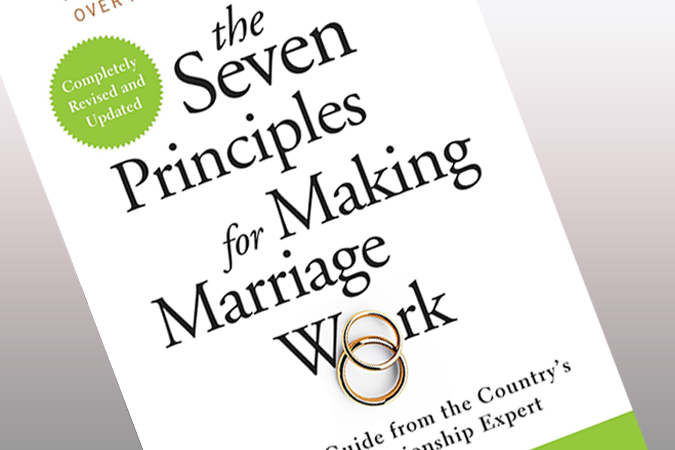John Gottman is a well-known relationship expert who has studied couples for over four decades. In his work, he identified four behaviors that are particularly destructive to relationships: criticism, contempt, stonewalling, and defensiveness. These behaviors, which Gottman refers to as the “four horsemen,” can lead to the breakdown of even the most loving and committed relationships.
Stonewalling is one of the four horsemen, and it refers to the act of shutting down or withdrawing from a conversation or interaction. It can take many forms, including silent treatment, avoidance, or changing the subject. When one partner stonewalls, it can feel like they are shutting the other person out or refusing to engage in a meaningful way.
Stonewalling is a common coping mechanism that people use when they feel overwhelmed or stressed. It can be a way to protect ourselves from difficult emotions or situations. However, in a relationship, stonewalling can be incredibly damaging. It can create a sense of isolation and disconnection, and it can make it hard for couples to resolve conflicts or address issues in a constructive manner.
Gottman’s research has shown that stonewalling is one of the most destructive behaviors in relationships. Couples who experience high levels of stonewalling are more likely to divorce than those who do not. It is therefore crucial to address stonewalling in a relationship if we want to improve our connection and strengthen our bond.
So how can we overcome stonewalling in our relationships? One important step is to practice effective communication skills. This means listening actively to our partner, trying to understand their perspective, and expressing our own needs and feelings in a clear and respectful manner. It also means avoiding criticism or contempt, as these behaviors can escalate conflicts and make it harder for our partner to feel heard and understood.
Another effective technique is to take breaks when needed. If we are feeling overwhelmed or stressed, it can be helpful to step away from a conversation or interaction for a short period of time. This can give us the space we need to calm down and approach the situation with a clearer mind. It’s important to communicate with our partner about the need for a break and to agree on a plan for continuing the conversation at a later time.
It’s also important to seek support when needed. If we find ourselves struggling to overcome stonewalling in our relationship, it can be helpful to seek the guidance of a therapist or counselor. They can provide valuable support and guidance in addressing this destructive behavior and improving communication in our relationship.
In conclusion, stonewalling is a destructive behavior that can harm our relationships. By practicing effective communication skills, taking breaks when needed, and seeking support when needed, we can overcome stonewalling and build stronger, more loving connections with our partners.






